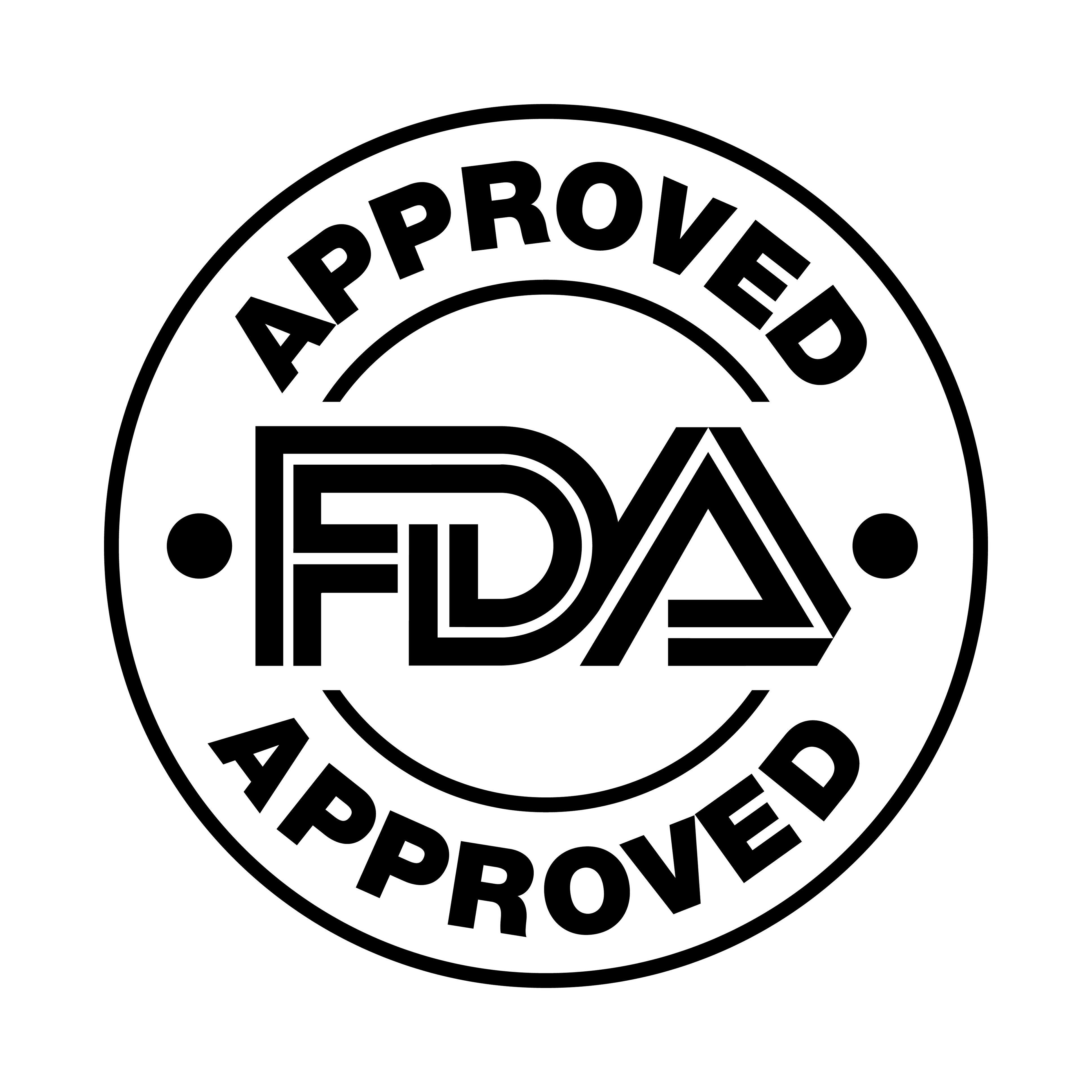Palforzia receives expanded label to treat toddlers with peanut allergy
With the expanded label, Palforzia is now approved to treat individuals aged 1 to 17 years with a confirmed peanut allergy diagnosis, after the treatment was originally approved in 4-to-17-year-olds in January 2020.
Palforzia receives expanded label to treat toddlers with peanut allergy | Image Credit: © Calin - © Calin - stock.adobe.com.

On July 30, 2024, the FDA announced an expanded approval for Palforzia (Peanut (Arachis hypogaea) Allergen Powder-dnfp; Stallergenes Greer) treatment to include toddlers aged 1 to 3 years with a confirmed diagnosis of a peanut allergy, according to a press release from Stallergenes Greer.1
With the expanded label, Palforzia is now approved to treat individuals aged 1 to 17 years with a confirmed peanut allergy diagnosis, after the treatment was originally approved in 4-to-17-year-olds in January 2020.1
“We are delighted that Palforzia® has received regulatory approval in the US for toddlers as there is a high unmet medical need for this age group and we are confident that this indication extension will alleviate the burden of peanut allergy for younger patients and their families,” said Elena Rizova, MD, PHD, Chief Medical Officer, Stallergenes Greer, in the press release.1
The oral immunotherapy is indicated for the mitigation of allergic reactions, including anaphylaxis, that could occur with accidental exposure to peanut. Palforzia is to be used in conjunction with a peanut-avoidant diet and is not indicated for the emergency treatment of allergic reactions, including anaphylaxis, according to the FDA.1,2
The decision from the federal agency is backed by data from the phase 3 Peanut Oral Immunotherapy Study of Early Intervention for Desensitization (POSEIDON) study (NCT03736447). The international, randomized, double-blind, and placebo-controlled study evaluated safety and efficacy of the treatment in peanut-allergic children aged 1 to 3 years in North America and Europe.1
"Enrollment was based on several entry criteria, including a documented clinical history of peanut allergy, positive skin prick tests and/or elevated blood levels of peanut antibodies, and dose-limiting symptoms after consuming single doses of peanut protein >3 to ≤ 300 mg in a positive double-blind, placebo-controlled food challenge," stated Stallergenes Greer.1
Individuals in the study underwent a dose-escalation period of approximately 22 weeks, reaching a dose of 300 mg per day of Palforzia or placebo, and proceeded to continue for 6 months. At trial completion, patients underwent an exit double-blind, placebo-controlled food challenge (DBPCFC). Data from the trial, published in the New England Journal of Medicine Evidence in 2023, demonstrated that 73.5% of patients in the treatment group (n = 98) tolerated a single dose of ≥ 600 mg peanut protein at exit DBPCFC compared with 6.3% in the placebo group (n = 48), the primary endpoint.3
"In peanut-allergic children 1 to [younger than] 4 years of age treated with [Palforzia] for approximately 12 months, the majority tolerated all peanut protein dose levels assessed. [Palforzia]-treated patients had more treatment-related adverse events, which were mild to moderate severity," authors of the study concluded in in the New England Journal of Medicine Evidence. Treatment-related adverse events were experienced in 75.5% of patients in the treatment group compared to 58.3% in placebo-treated patients.3
According to Stallergenes Greer, peanut allergy currently affects approximately 2% of the general population of Western nations, with prevalence of peanut allergy having doubled for children between 2005 and 2015. The allergy is associated with higher rates of accidental exposure, severe reactions, and potentially fatal anaphylaxis compared to other food allergies.1
Related:
Neffy for patients with anaphylactic symptoms after oral food challenge
Thomas Casale, MD, professor of medicine, chief of Clinical and Translational Research, Allergy and Immunology, University of South Florida, spoke to Contemporary Pediatrics in February 2024 about a late-breaking poster session presented for neffy (epinephrine nasal spray; ARS Pharma) at the 2024 American Academy of Allergy, Asthma, & Immunology Annual Meeting (AAAAI) in Washington DC from February 23 to February 26, 2024.4
Neffy, a potential needle-free option to treat type 1 allergic reactions, including anaphylaxis, was evaluated for safety and efficacy in a phase 3 study that included 15 children and adolescents aged 6 to 17 years in Japan who developed anaphylactic symptoms after oral food challenge (OFC).4
Click here to watch the video.
References:
- FDA approves US pediatric indication extension for Palforzia oral immunotherapy for the treatment of peanut allergy. Stallergenes Greer. Press release. July 30, 2024. Accessed July 30, 2024. https://www.businesswire.com/news/home/20240730211334/en/FDA-Approves-U.S.-Pediatric-Indication-Extension-for-Palforzia%C2%AE-Oral-Immunotherapy-for-the-Treatment-of-Peanut-Allergy
- Palforzia. FDA. Updated July 26, 2024. Accessed July 30, 2024. https://www.fda.gov/vaccines-blood-biologics/allergenics/palforzia?utm_medium=email&utm_source=govdelivery
- Du Toit G, Brown KR, Vereda A, et al. Oral immunotherapy for peanut allergy in children 1 to less than 4 years of age. NEJM Evidence. 2023;2(11). doi:10.1056/EVIDoa2300145
- Fitch, J. Neffy for patients with anaphylactic symptoms after oral food challenge. Contemporary Pediatrics. February 23, 2024. Accessed July 30, 2024. https://www.contemporarypediatrics.com/view/neffy-for-patients-with-anaphylactic-symptoms-after-oral-food-challenge
